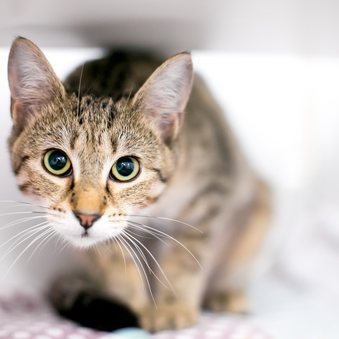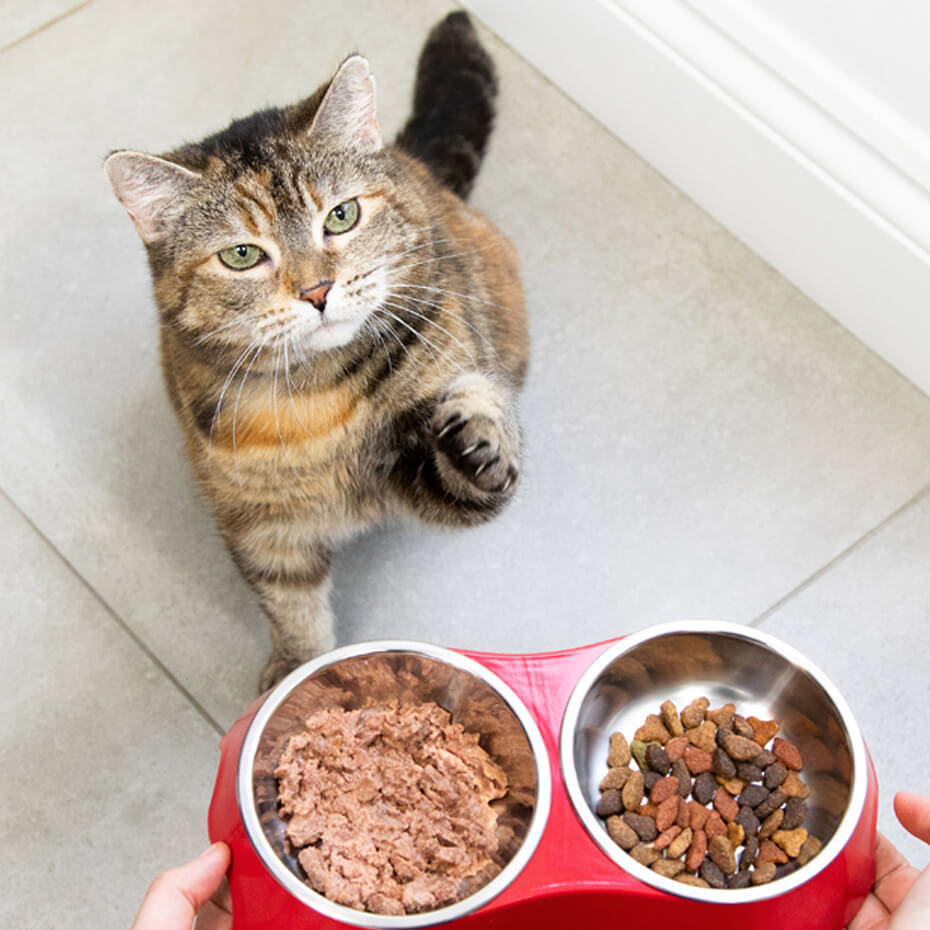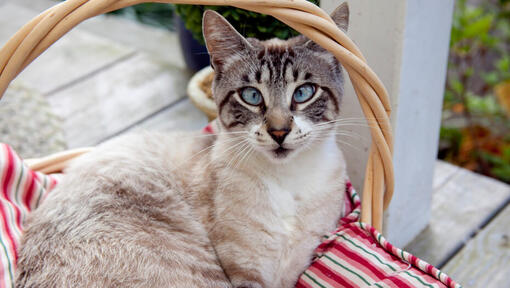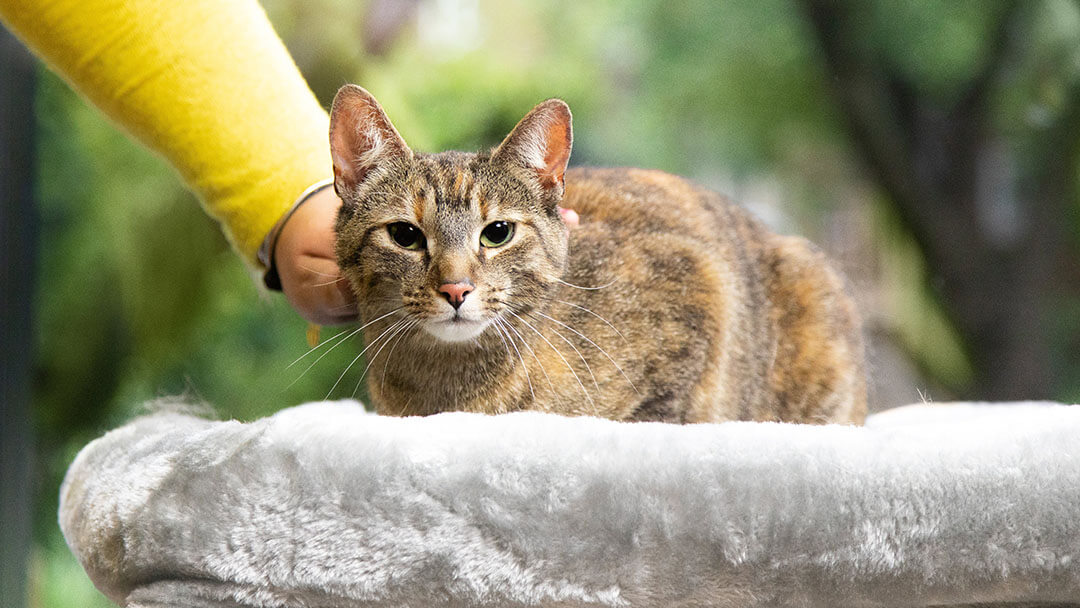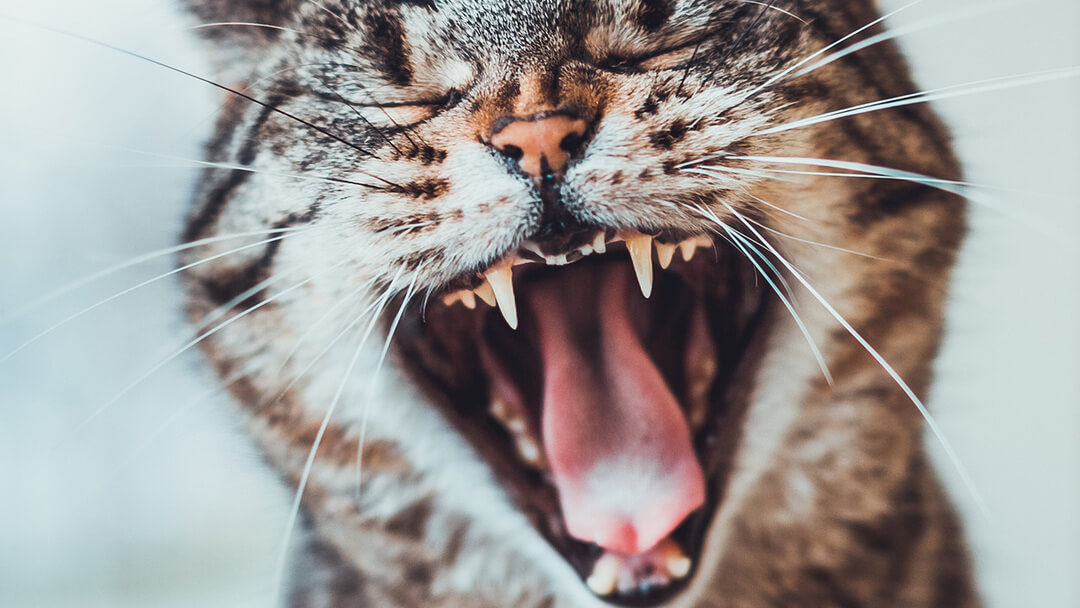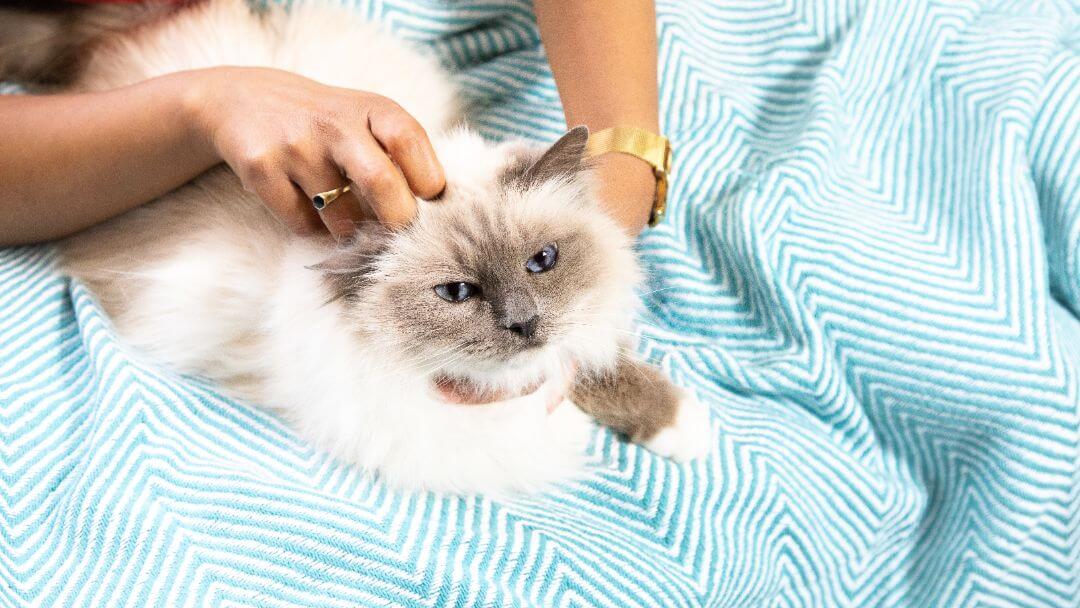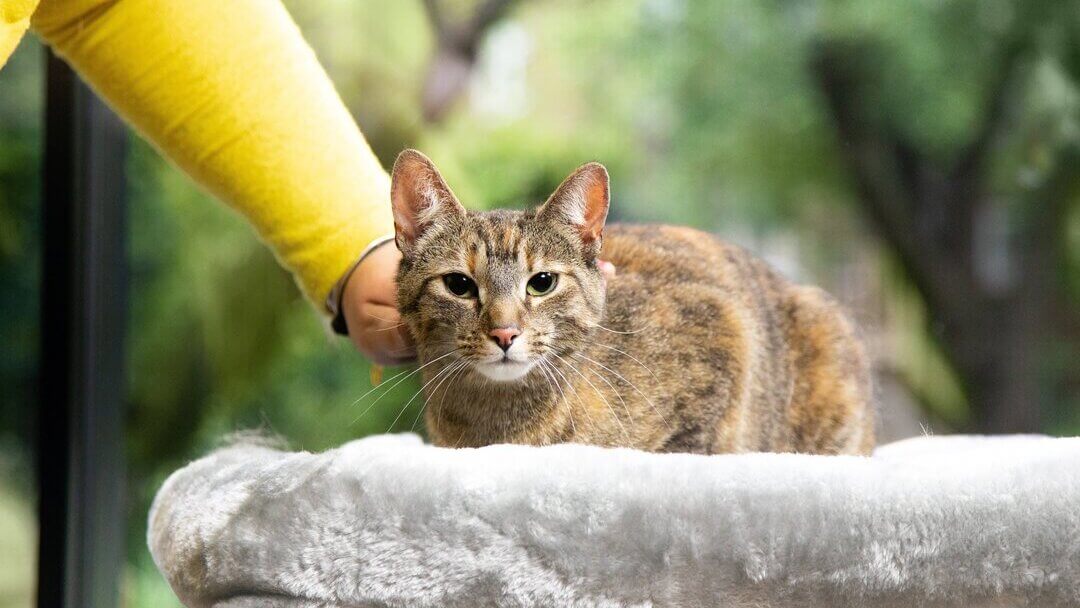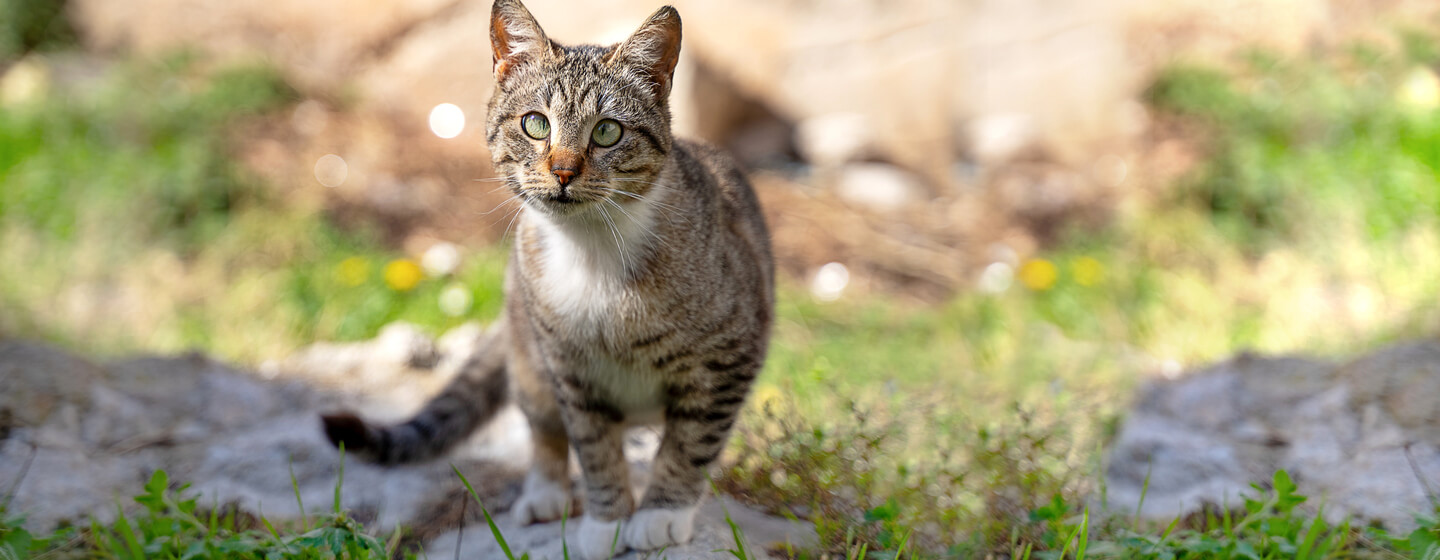
As cats can suffer from many of the same disorders as humans, many often find themselves wondering, can cats have down-syndrome? In this article we explore the topic and provide the answers to all of your questions.
Can cats have Down syndrome? This question has become more common in recent years due to the easier sharing of images afforded by the Internet. Getting to see more cat photos means that we have the opportunity to get to know unique cats that we wouldn’t otherwise have seen. You might have seen or heard about cats that look and behave a little ‘differently’, becoming known on the Internet for being ‘Down syndrome cats.’ Although the physical and behavioural symptoms of these cats may present like a type of feline Down syndrome, it is impossible for them to truly be ‘Down syndrome’, as this is something that exists solely in humans.
What is Down syndrome?
Down syndrome is a congenital disorder in humans, affecting the people that have it both physically and intellectually.
It arises from a chromosomal defect. In humans, the nucleus of each cell contains 23 pairs of chromosomes, and people with Down syndrome have three copies - either complete or partial - of chromosome 21. They tend to have certain physical characteristics like low muscle tone, short stature and a flat nasal bridge, and will also exhibit some degree of learning difficulty.
Cats have only 19 pairs of chromosomes, meaning that it is technically impossible for Down syndrome cats to exist. That does not mean, however, that they cannot have similar symptoms for one reason or another.
Down syndrome-like symptoms in cats
While it’s not possible for cats to have Down syndrome, they can exhibit Down syndrome-like symptoms, including:
- Behaviour different or strange compared to that of other cats
- Unusually small or oddly shaped ears
- Problems with vision
- Eyes set abnormally wide apart
- Motor dysfunction
- Heart problems
- Low muscle tone
- Hearing loss
- Flat or upturned nose
If you believe that your cat has one or more of any of the above symptoms, it is important to consult your vet, in order to find out what is causing them. While cats cannot have Down syndrome due to the fact that they have no chromosome 21, they can have genetic disorders or illnesses that may cause symptoms like the ones above.
Unique looks and behaviour
Each cat is special and unique, and cats that look or act a little ‘different’ are arguably even more special and unique than most, even if they do need a little extra support.
Owners with well-known cats with genetic disorders such as Monty (a cat born with a chromosomal abnormality that has left him without a nasal bridge bone) have raised awareness of cats with special needs like this in recent years. Unique is beautiful, and cats with genetic disorders have much to offer.
As always, though, if you are considering adopting a cat, it’s important to take all of their needs into account to make sure that you’re adopting the right cat for you and your lifestyle. Cats with special needs may need a little extra love and attention that their owner must be able to give them.

